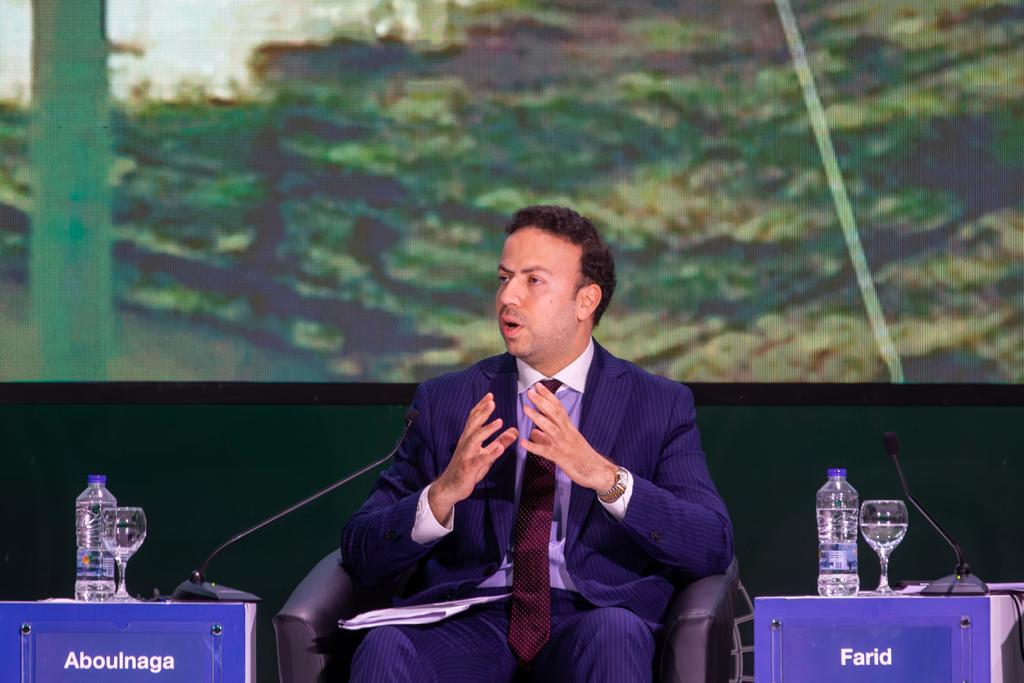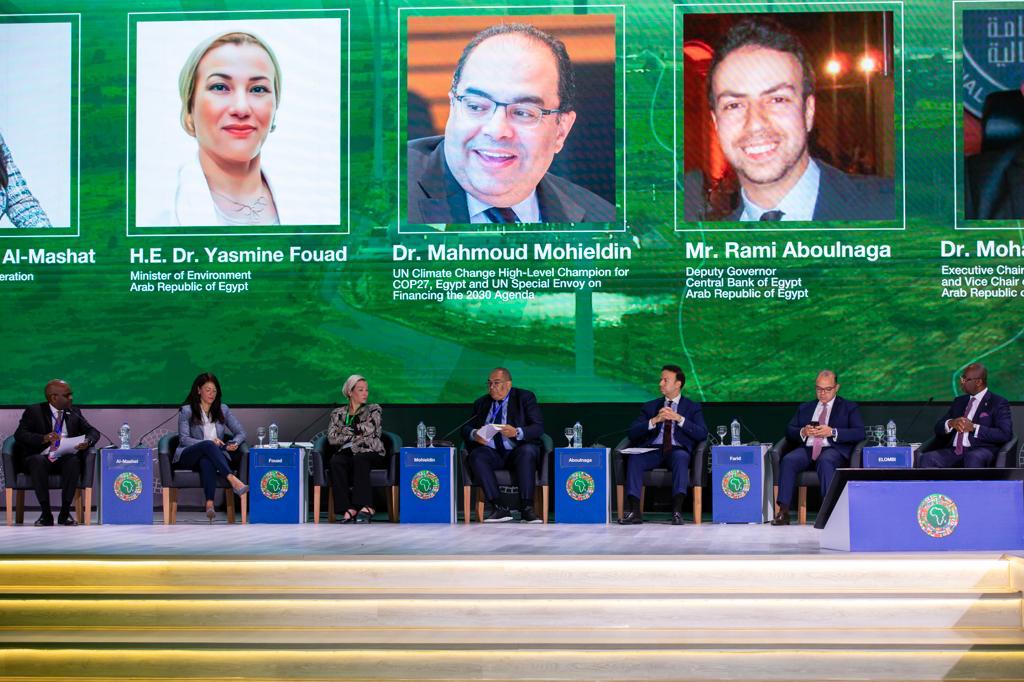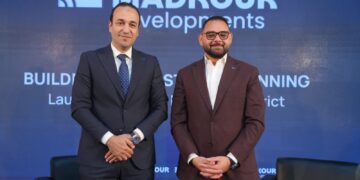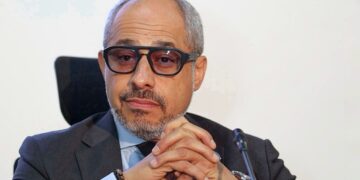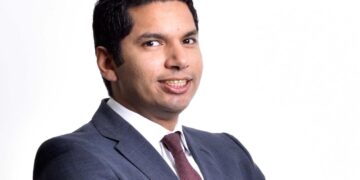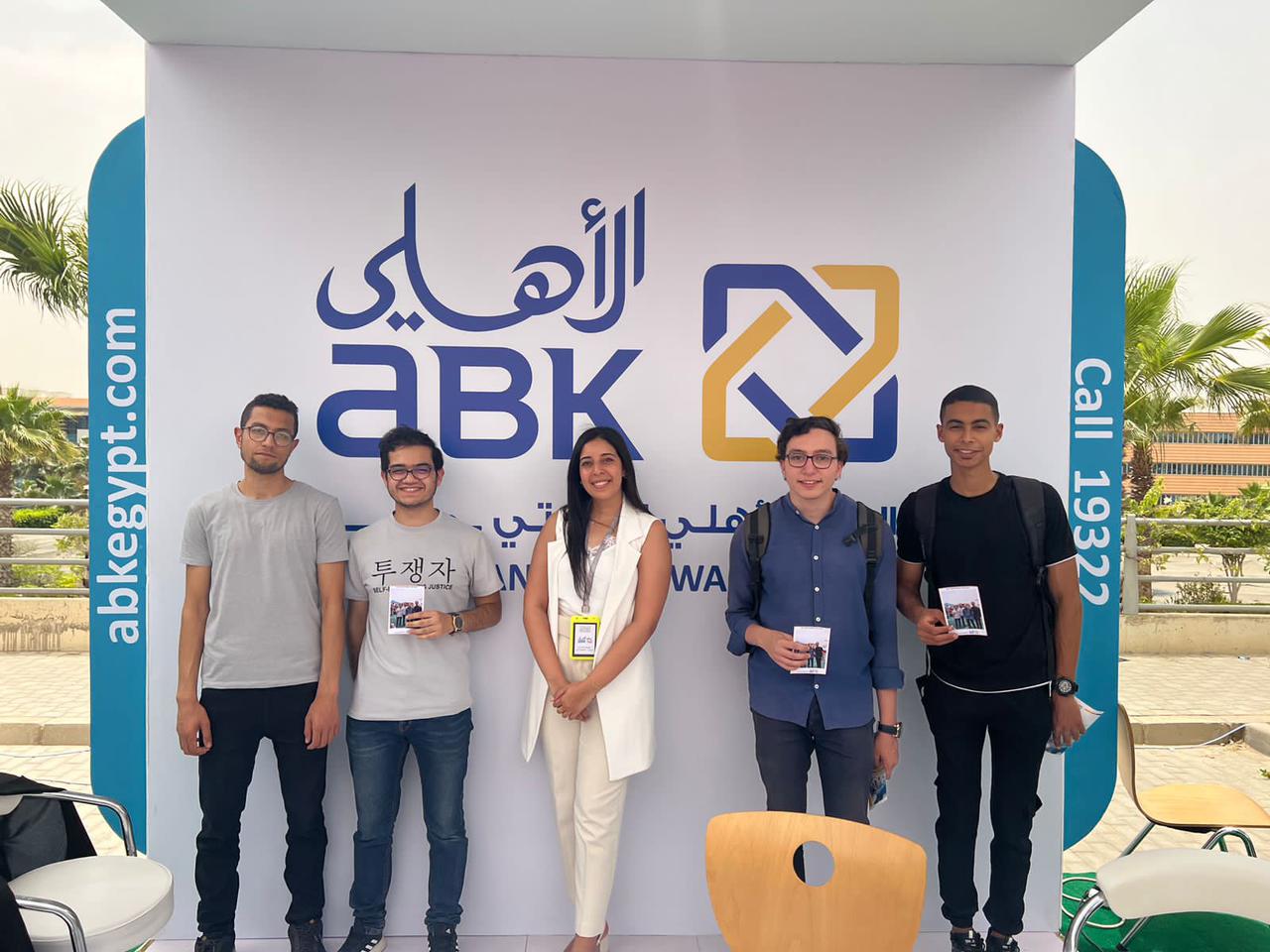Kick off of Egypt’s first side event in The Annual Meetings of the African Development Bank
Font size
As part of Egypt’s hosting of the African Development Bank Group’s Annual Meetings under the auspices of H.E. Egyptian President Abdel Fattah El-Sisi & represented by the Central Bank of Egypt, from May 22nd-26th, 2023.
The first side event for Egypt entitled “Mobilizing Blended Finance to Facilitate the Green Transition in Emerging Economies” kicked off today moderated by Mr. Aliou MaÏga – Regional Industry Director of the Financial Institutions Group in Africa at the International Finance Corporation, and with the participation of Dr. Rania Al-Mashat, Minister of International Cooperation, as the keynote speaker.
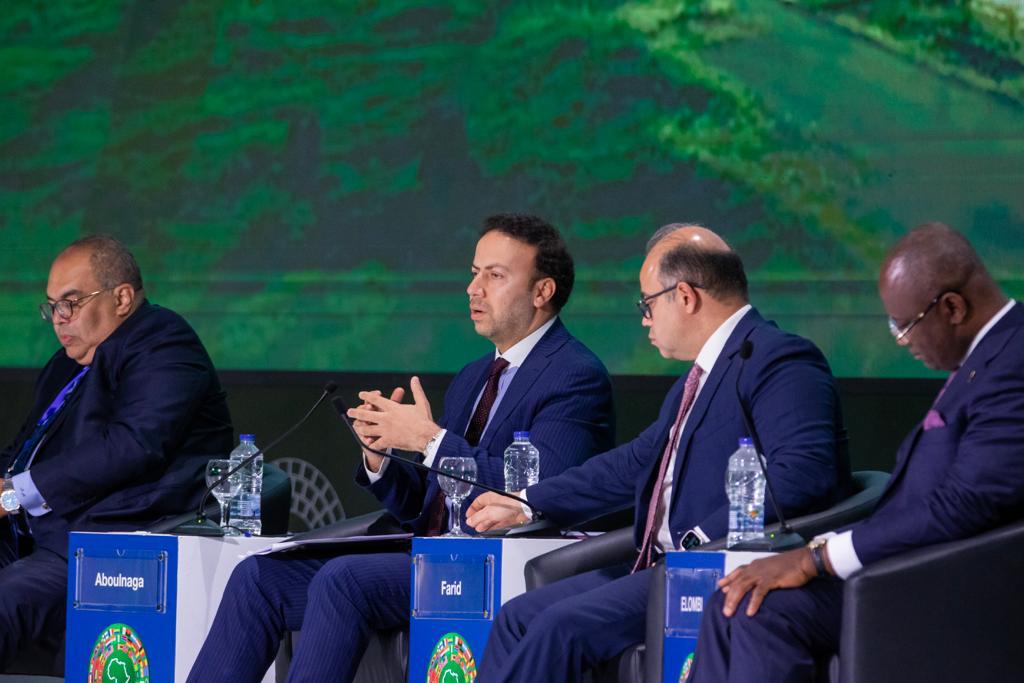
The panelists for this session included Dr. Yasmine Fouad, the Minister of Environment for Egypt, Dr. Mahmoud Mohieldin, who serves as the UN Climate Change High-Level Champion for COP27, Egypt and UN Special Envoy on Financing the 2030 Agenda, Mr. Rami Abulnaga, Deputy Governor of the Central Bank of Egypt, Dr. Mohamed Farid, Executive Chairman, Financial Regulatory Authority (FRA) and Vice Chairman, IOSCO board , and Dr. George Elombi, Executive Vice President for Governance, Legal and Corporate Services at the African Export and Import Bank (Afreximbank).
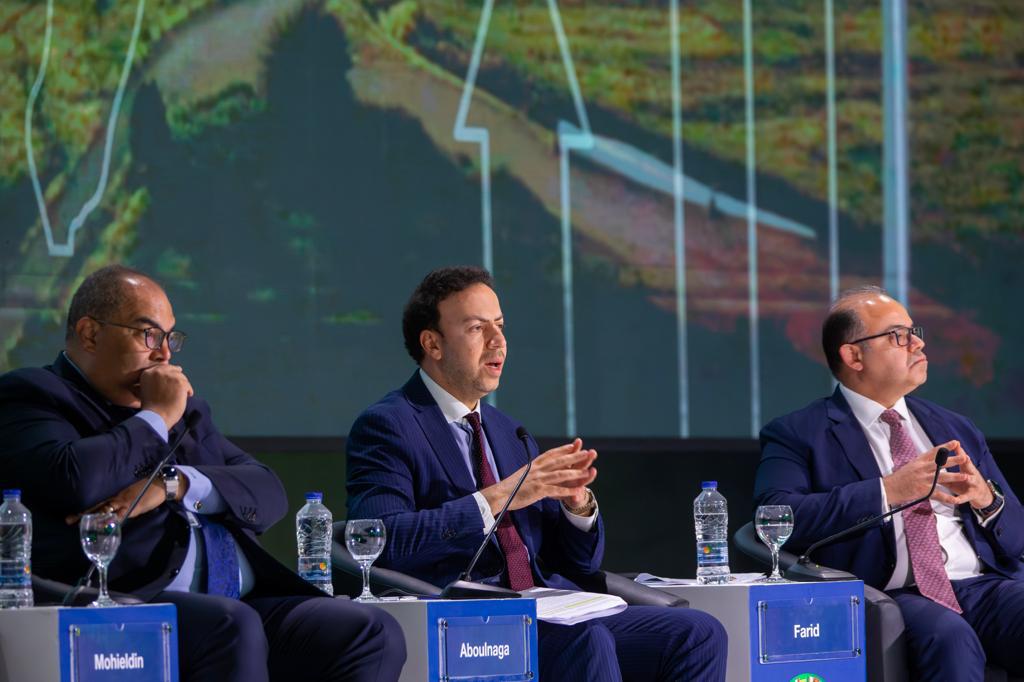
The panel addressed the challenges facing multilateral development banks (MDBs) in adopting blended finance structures to support the low carbon transition of emerging economies. While focusing on the means to overcome these challenges. This will add to the existing role of these banks and local authorities to mobilize large-scale private capital necessary for financing the green transition within various fields such as clean energy.
Additionally, the session discussed the major challenges facing private sector investments in emerging markets and addressing them through blended finance. This includes vital role of public-private partnerships (PPP) in reducing the risks of climate investments and creating an environment that is conducive to the green transition while providing essential governance tools to ensure transparency and efficiency of blended finance.
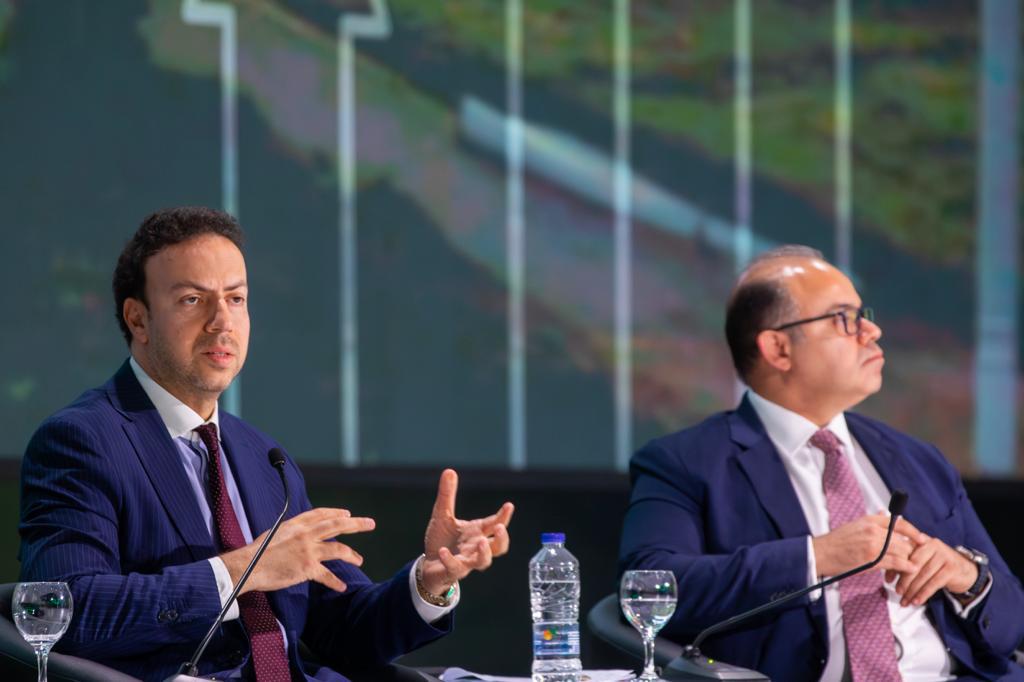
The panelists also discussed various approaches to mobilize public-private partnerships to address the funding gap for adaptation projects, which are deemed less profitable than renewable energy and energy efficiency projects. The session also tapped into the experiences and key takeaways of developing countries in utilizing public-private partnerships to fulfill their climate commitments.
The plenary session is considered a unique opportunity for participants to exchange their extensive experiences and present innovative solutions for a more sustainable low carbon transition of African economies. This green transition will impact the potential economic growth outlook and the creation of new investment opportunities. Blended finance aims to rebalance the risk-return profiles of several climate solutions and clean technology investments, enabling MDBs and international financial institutions to provide the necessary support to emerging economies while mitigating the escalating repercussions of climate change.
